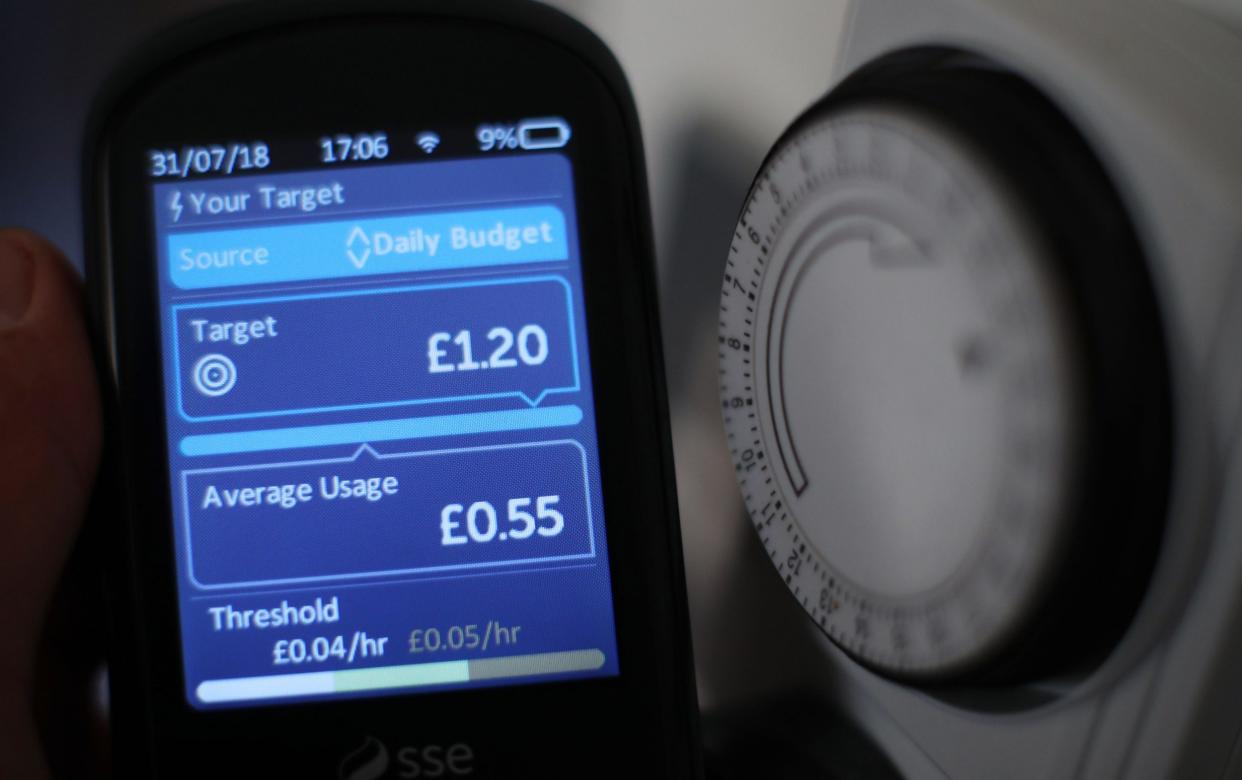The smart meters scandal is about to explode in our faces

The technology doesn’t work as planned. The numbers don’t add up. And ordinary people may have their lives ruined by a system that barely even recognises they exist. If ITV is looking for a follow-up to it’s hit drama about the Post Office scandal its producers and script writers do not have to look very far. It is playing out in real-time right now. In reality, the smart meter fiasco risks turning into the next Horizon scandal.
Like so many government-backed technologies, it was sold as a way of making the system more efficient, with the added benefit of helping us hit our net zero targets. Smart meters installed in our homes would give us more accurate readings of how much electricity we were using, while the little monitors in the corner might gently nudge us towards consuming a little less (which would be helpful, given that the Government has woefully failed to make sure we have enough power to keep the lights switched on).
What’s not to like about that?
Well, quite a lot as it turns out. According to the latest figures from the Department for Energy, Security and Net Zero, of the 30 million meters installed in British homes, almost four million are not working properly. The estimate was 2.7 million in June last year, but has now been revised dramatically upwards.
The results of that can often be painful. Households may well have been overcharged for the energy use, and at a time when many are already struggling to pay their energy bills. Some households might now have to go back to manual readings if they want to question their bill, but the technology can make that difficult, too.
There is a depressingly familiar pattern starting to emerge. The computer system doesn’t work as it should. There is plenty of buck passing, with people initially denying there is anything to worry about, then blaming someone else for the problems, and finally denying that anything can ever be done to fix the problem. It seems that no one has learned anything from the Post Office scandal. Instead, ministers will grimly press ahead with a technology that clearly doesn’t work, and if people are forced to pay an inflated sum, then it will simply be brushed under the carpet.
Even more terrifyingly, the meters may eventually be used for “time-of-day” charging. It would not be much of a surprise if Ed Miliband, as energy minister in a government led by Sir Keir Starmer, introduces some form of energy rationing. After all, there seems to be little hope of ever hitting our net zero targets without it. Your smart meter might then decide when you can and can’t boil the kettle, regardless of whether it works properly – and if it doesn’t work well enough, that’s tough.
There are two clear lessons from this latest catastrophe. Firstly, the Government should stop relying on computer “revolutions”. We have plenty of evidence that Whitehall almost always gets IT wrong. And secondly, it should stop trying to micromanage every household. There is nothing intrinsically wrong with “smart meters” any more than there is with smart phones, or smart speakers, or smart TVs, or any other device where the addition of a couple of microchips upgrades performance.
But it should leave it to the market to decide. If the product is genuinely better, people will be perfectly happy to buy it, and if it is rubbish they will probably decline.

